From the mileage to the marketplace, there’s a lot to consider.
How much is my car worth? That’s the age-old question. Well, maybe not. But it’s certainly the question most of you Googled to get here.
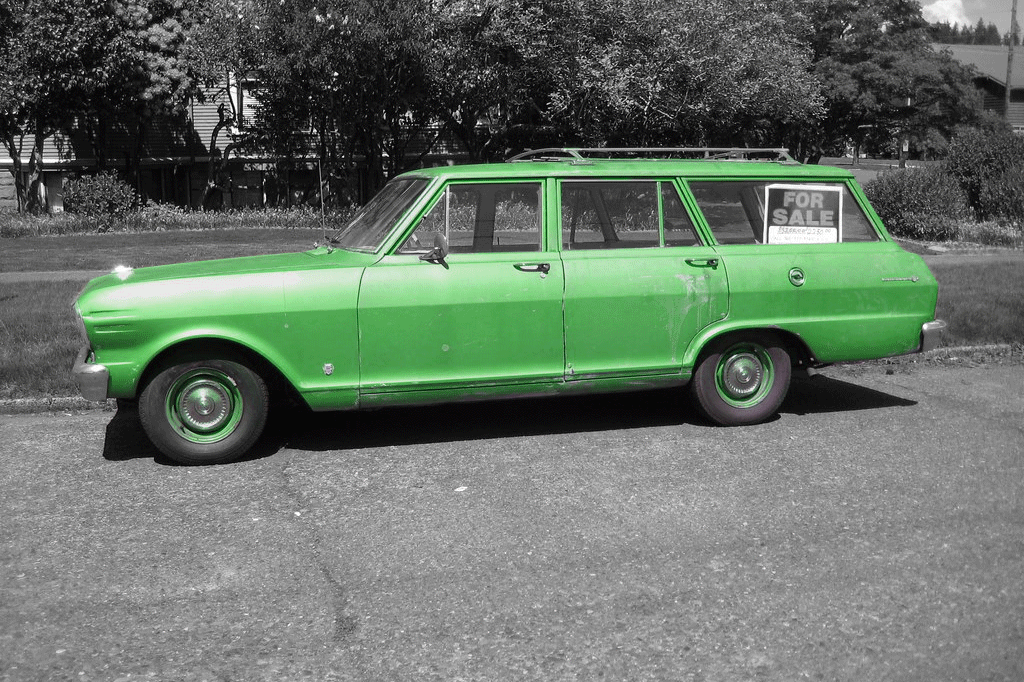
“Chevy II For Sale” by Hugo-90 is licensed under CC BY 2.0
Your car’s worth comes down to what someone is willing to pay for it. And to determine that number, we have to consider the purchase price and estimated value of your car, your car’s condition, mileage, the used car marketplace, the availability of similar vehicles in the new car marketplace, and even where you plan to sell your car.
But that’s not all. You have to also determine how much equity you have in your car to get an idea of how much money you’ll make (which we also explain in detail in the equity post below).
Let’s get into it.
Value
From your purchase price, consider that your car loses about 10% of its value the moment you drive it off the lot — the moment it becomes a “used car.” And then it loses another 10% or so when the warranty expires. From there, the car will depreciate each mile and each year, little by little.
You can use an online estimate tool to get an idea based on model, trim, age, and mileage. There are plenty of these tools online, and most are similar with their pros and cons.
Mileage
When your car has more than 100,000 miles on it, buyers will be more critical than when it has 30,000. Something that is a minor concern at 30,000 miles seems more like impending repairs at 100,000 miles.
But car owners typically owe more on their car than they can sell it for early on. If you sell a relatively new car, you may get a higher price but be upside-down on your loan. Plus, you wouldn’t get much use out of the car.
Condition
Buyers don’t want to pay market average prices for bargain-basement cars. Most people don’t want to buy a car with lots of dashboard warnings or cosmetic damage, even if it’s in high demand.
But, we do have a list of repairs that are a cheap and easy way to put some value back into your car.
The Market
This is where sellers have an opportunity to make extra money on a used car sale. Depending on your flexibility, you can sell when your car is most in demand by watching the marketplace.
As of writing this, we’re seeing some newer SUV and truck models selling for more than they were initially worth new. These models are in such high demand that there are waiting lists, and many buyers are willing to pay for a similar model from a previous year.
But, as new car production continues to tick back up, used cars will be in lower demand and fetch lower prices.
How Much Is My Car Worth?
Now that you’ve established your baseline car value and then adjusted it based on condition, mileage, and marketplace trends, you’ve got a pretty good idea of what your car is worth.
If you want to take things a step further and figure out how much money you’d make on a sale, you can subtract any loans, liens, and payoff fees from your estimate.
We outline the equity equation further here.
If you’re curious about selling your car, you can always list it for free on Carmigo.

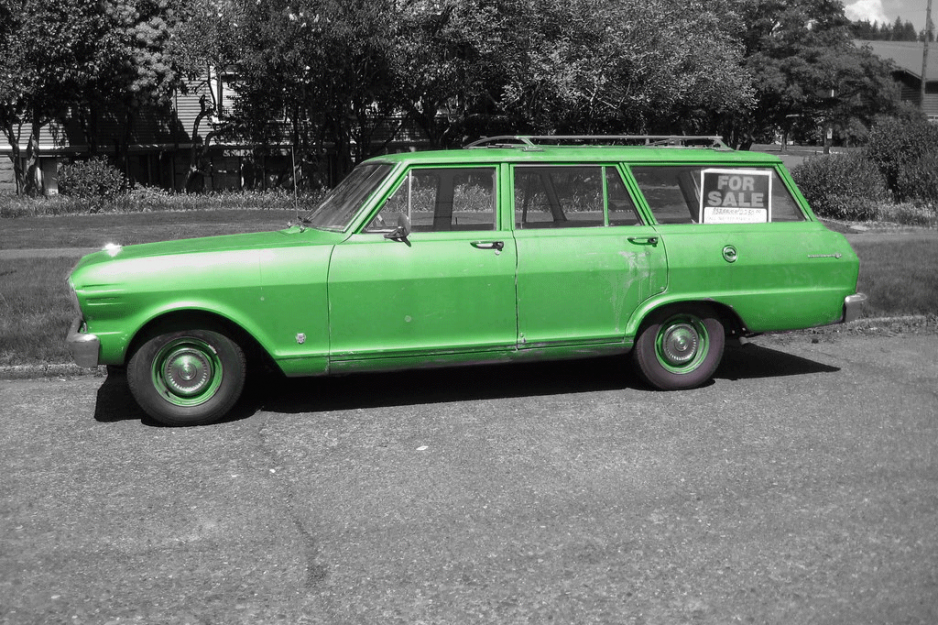
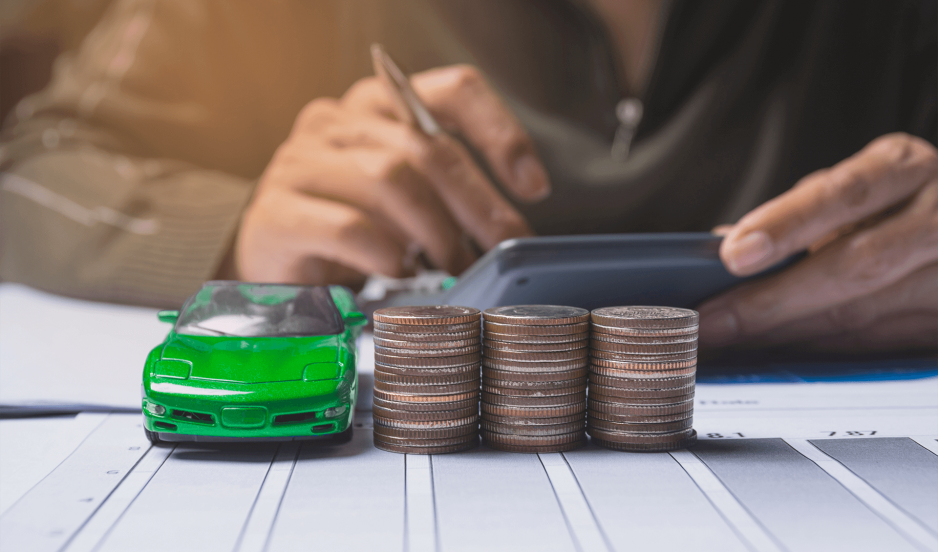
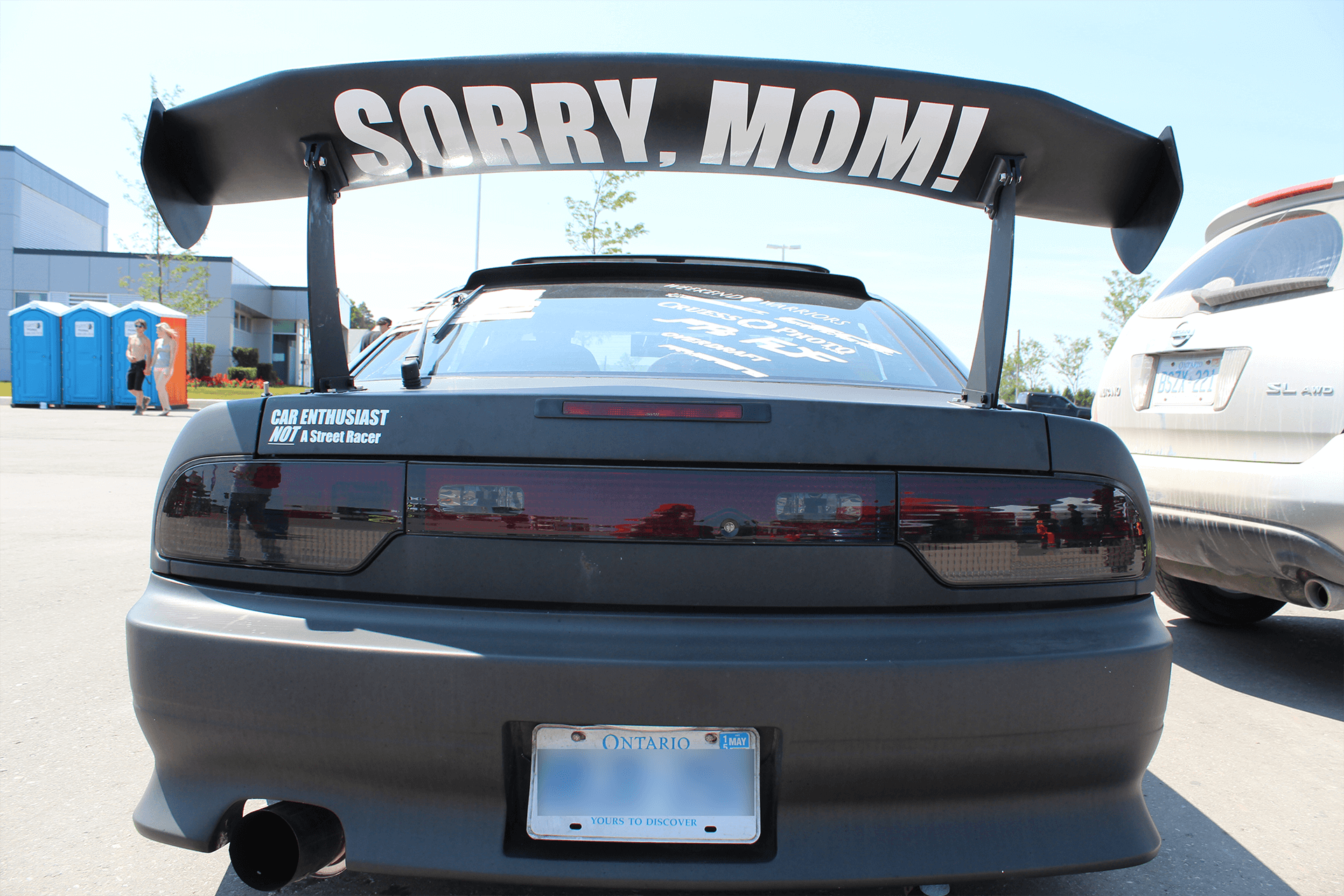
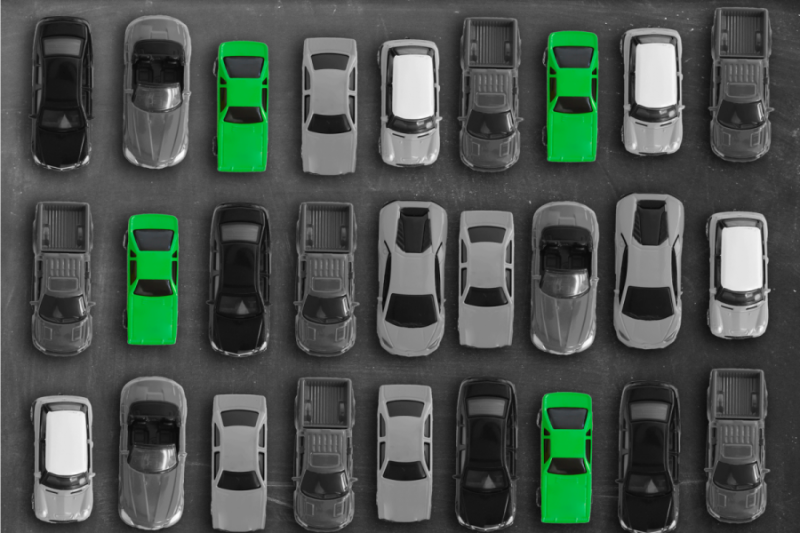


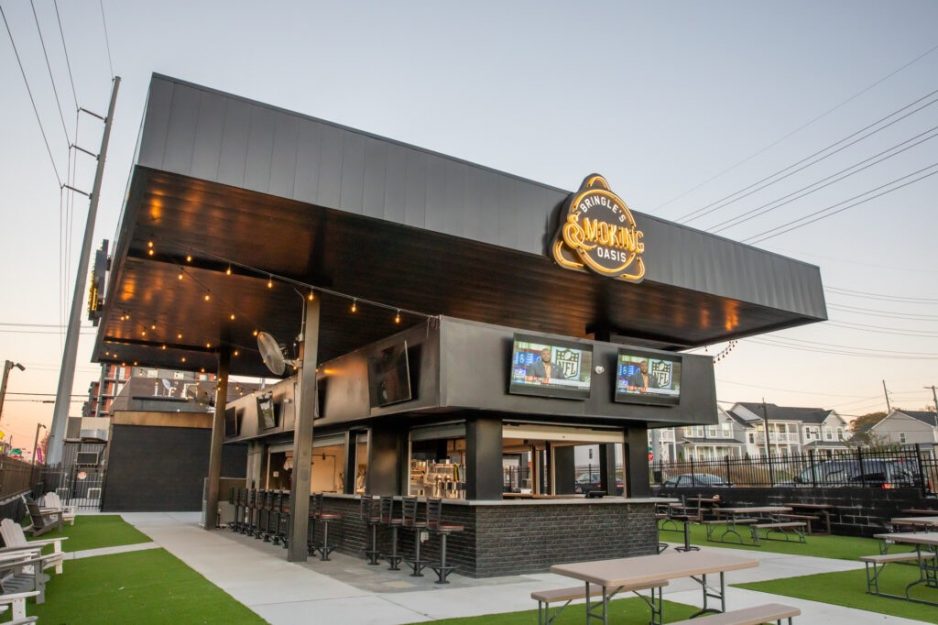
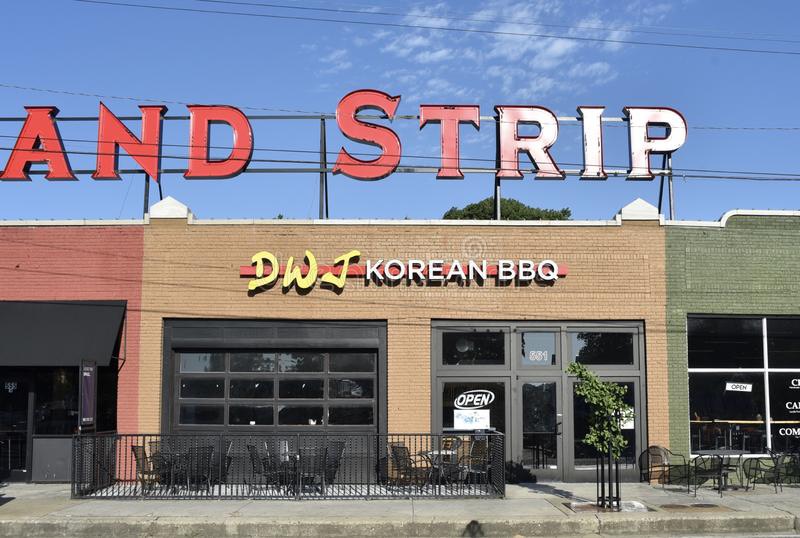

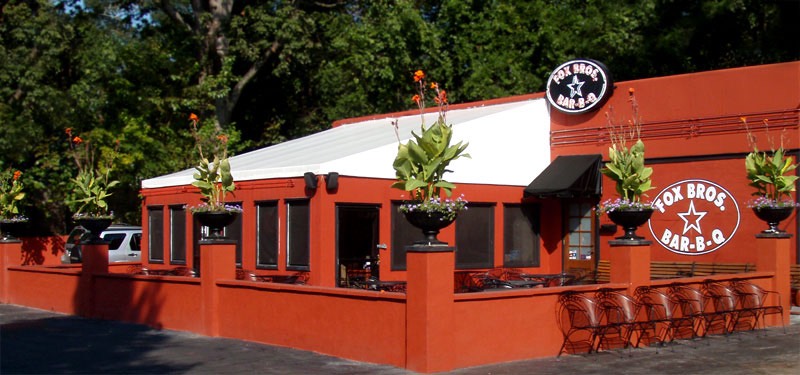

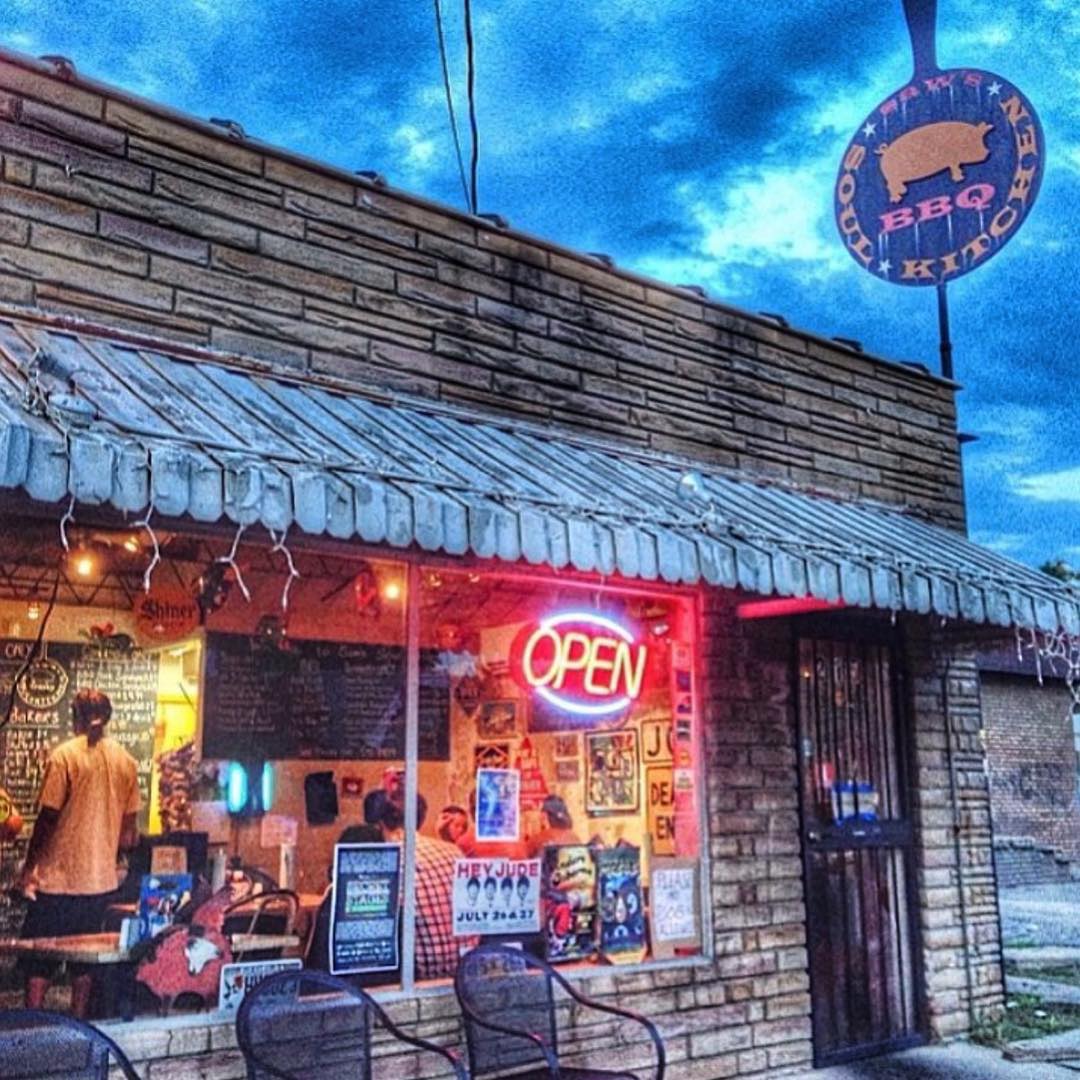


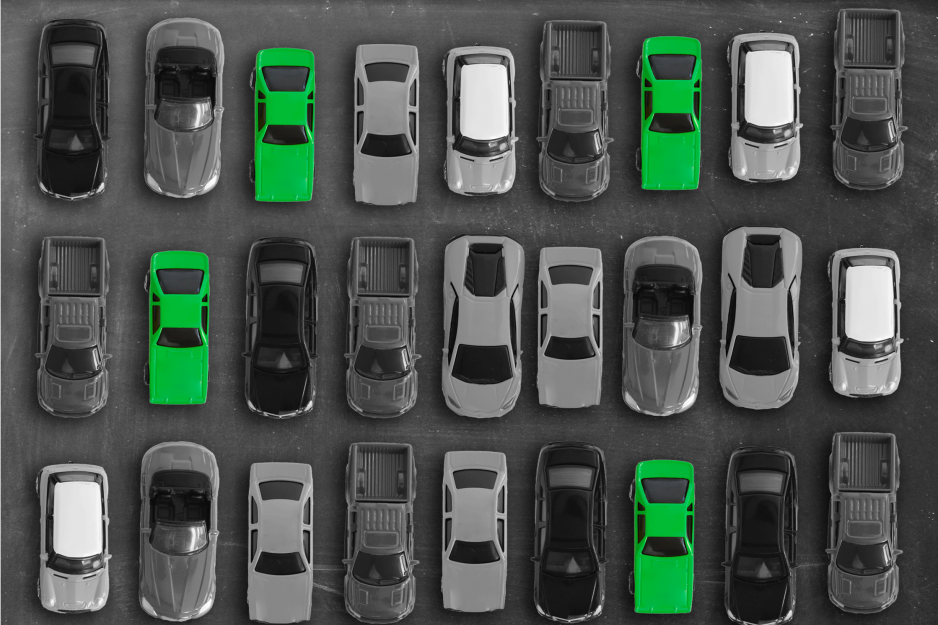
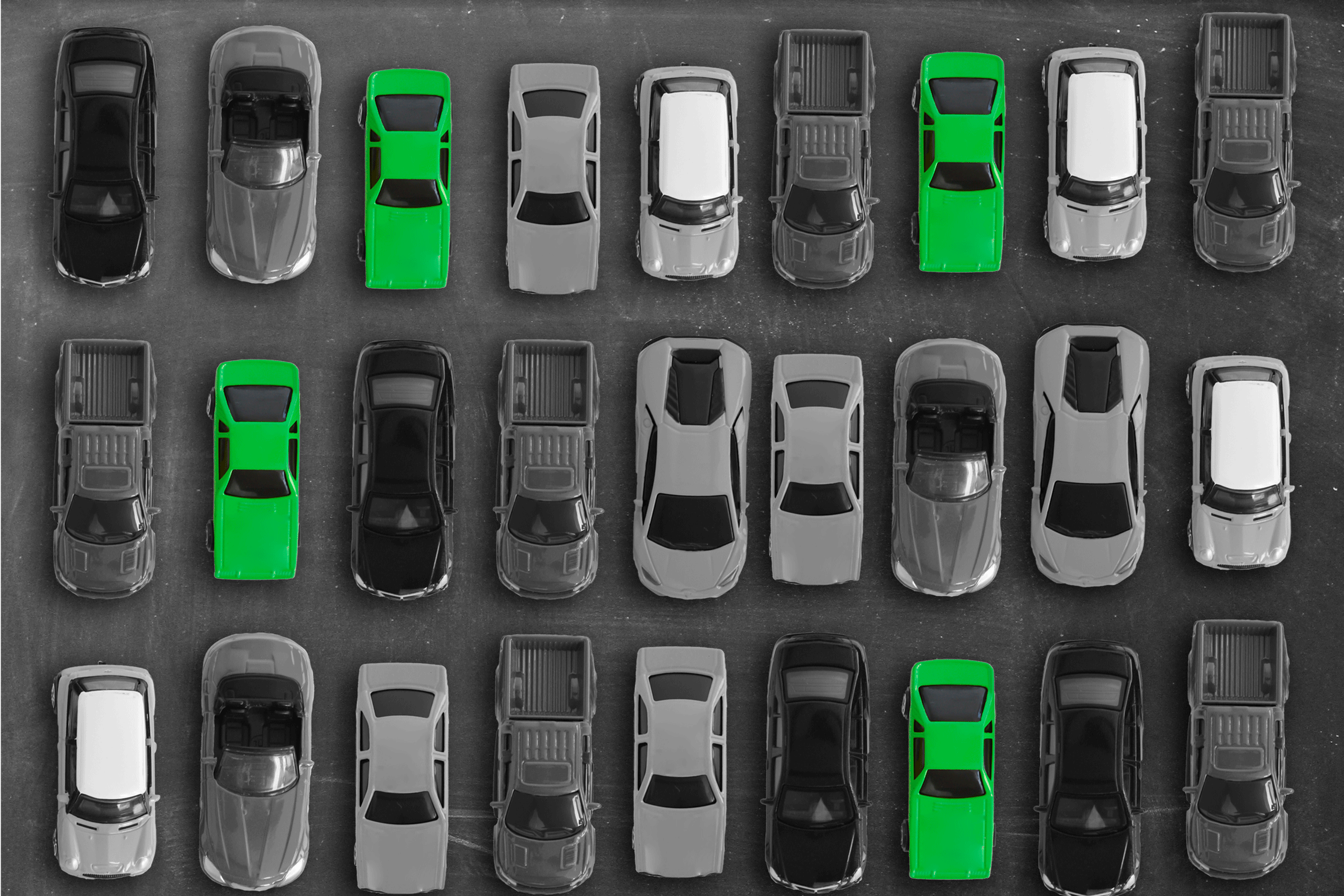
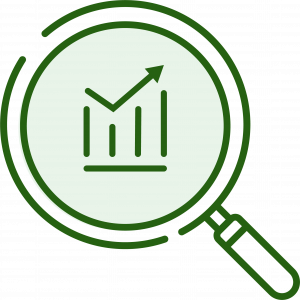 Here’s my go-to example: Imagine you are in a swimming pool on a fairly cool afternoon sipping from a big cold bottle of water. A water salesman approaches. Would you even pay $0.25 for that water? I wouldn’t.
Here’s my go-to example: Imagine you are in a swimming pool on a fairly cool afternoon sipping from a big cold bottle of water. A water salesman approaches. Would you even pay $0.25 for that water? I wouldn’t.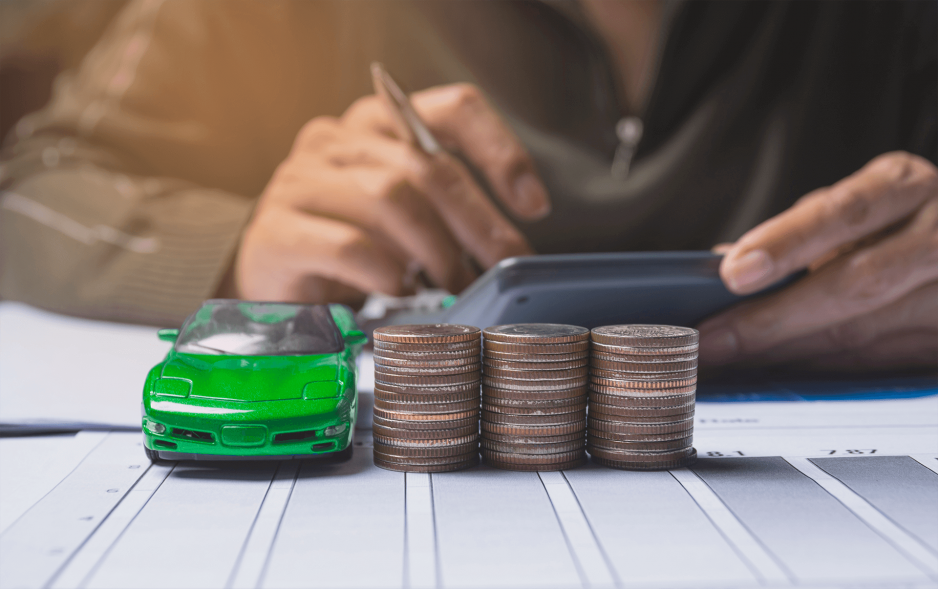
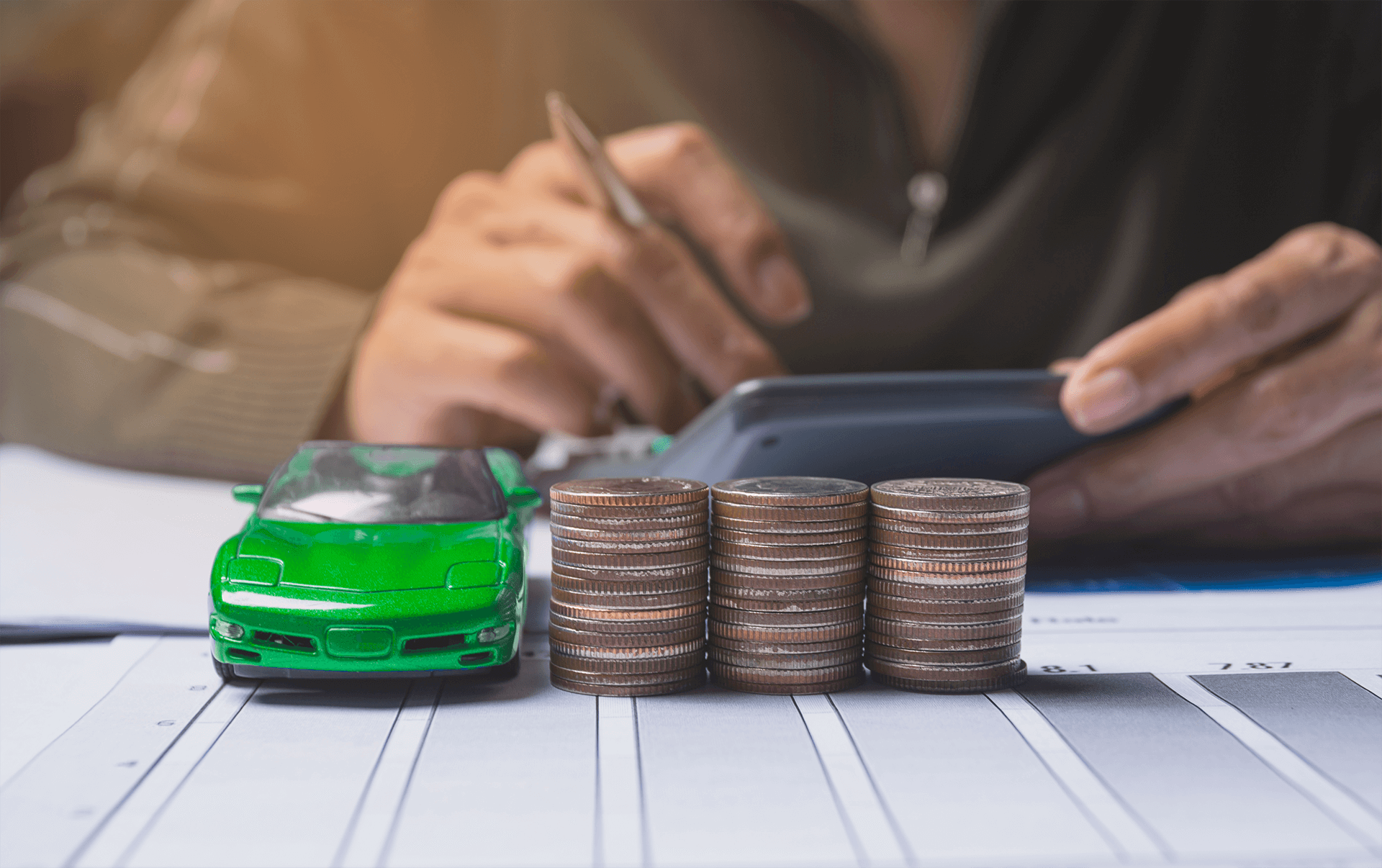

 make-it-easy salute to
make-it-easy salute to 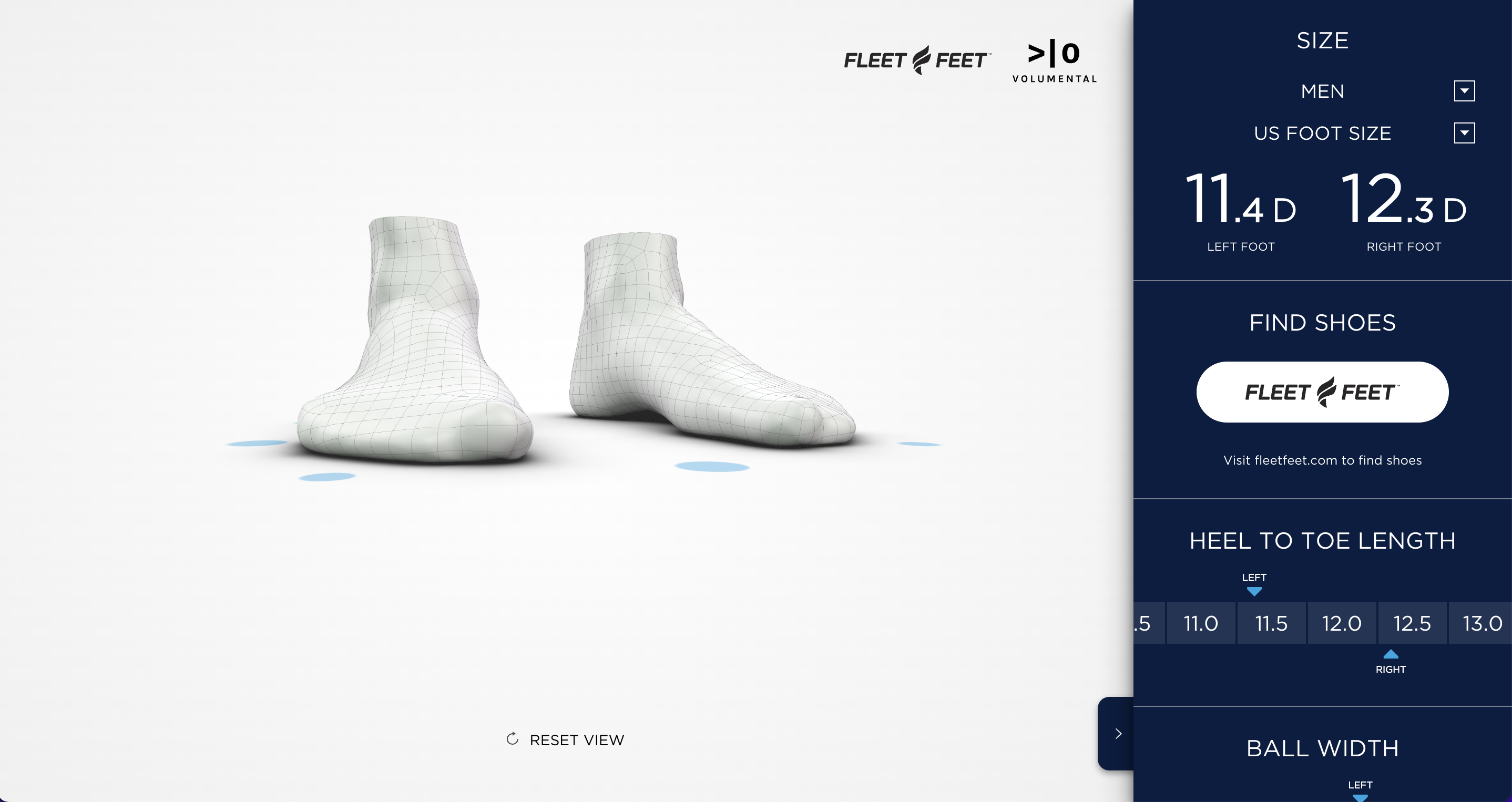
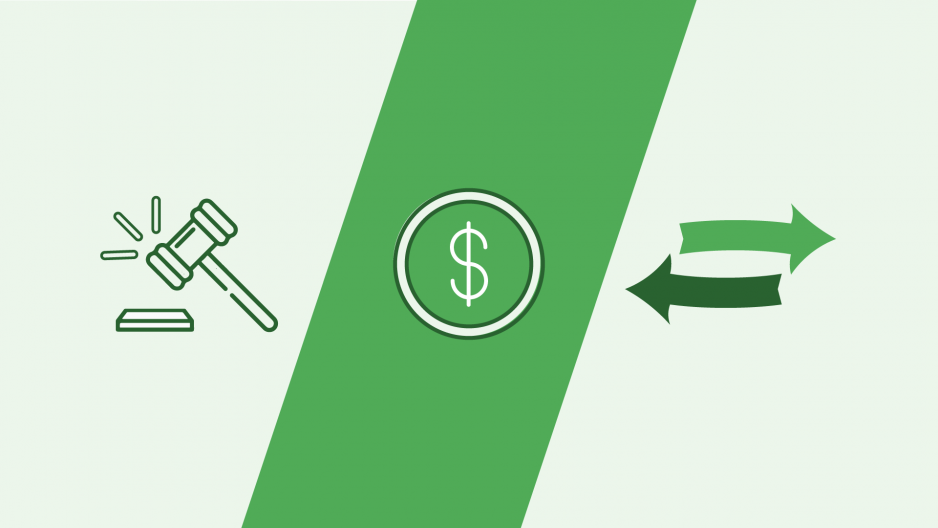
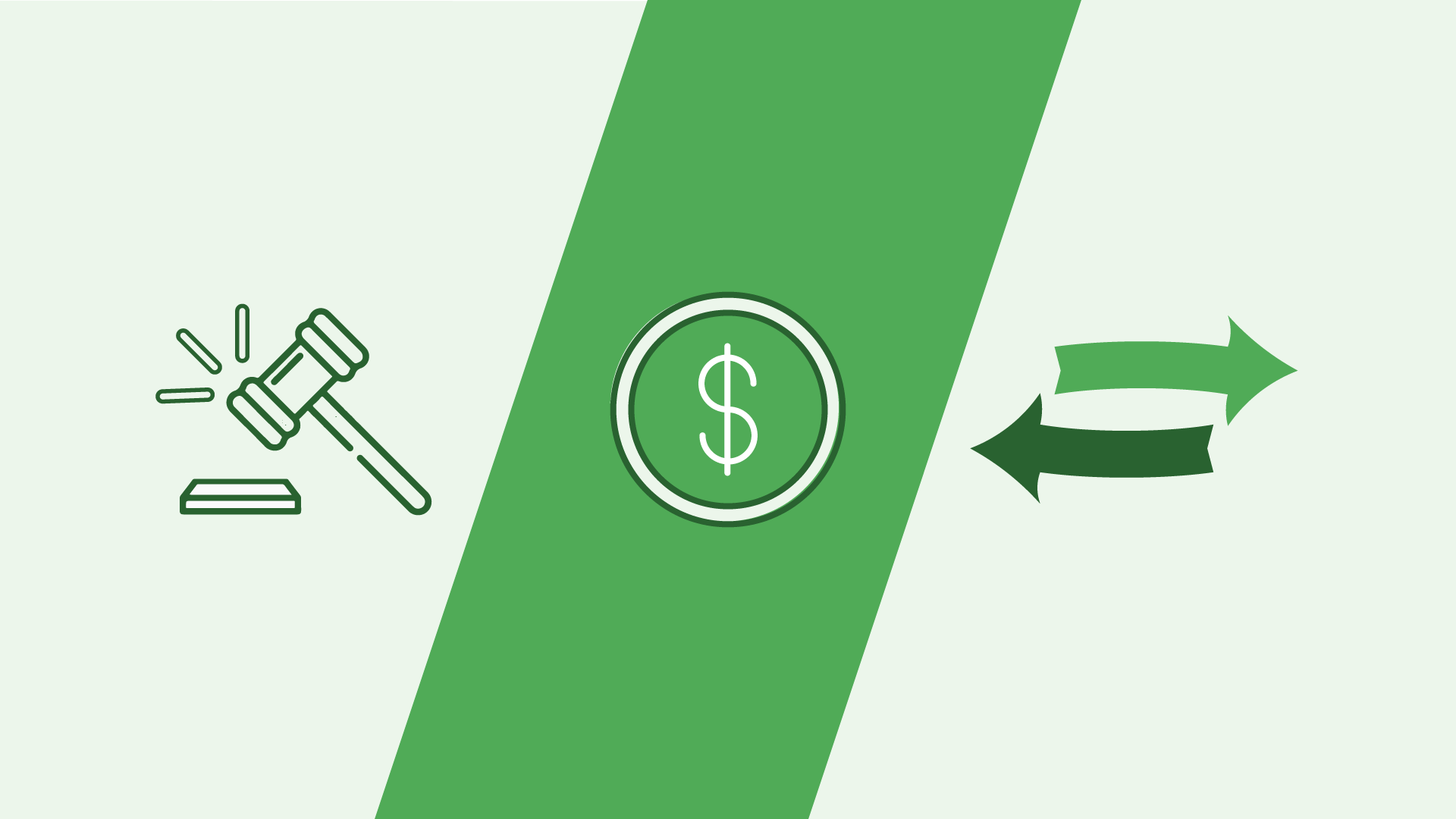


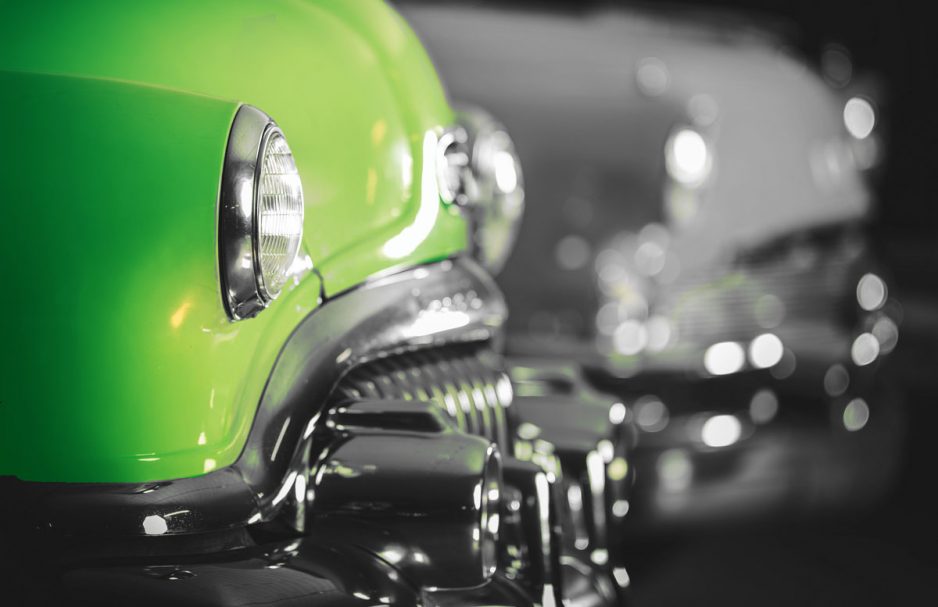
 Bidding is one of the few cases where quantity is quality. So let’s talk about how to start a bidding war over your car. Then we’ll get to work on fetching you more bids on your car and maybe even start a bidding war.
Bidding is one of the few cases where quantity is quality. So let’s talk about how to start a bidding war over your car. Then we’ll get to work on fetching you more bids on your car and maybe even start a bidding war. 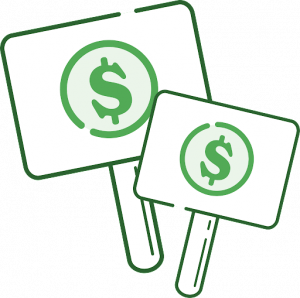 1. Set a Competitive Price
1. Set a Competitive Price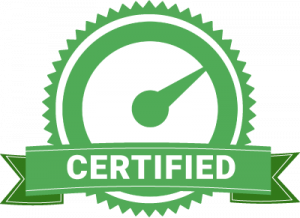 2. Qualify for Auction Certification Badges
2. Qualify for Auction Certification Badges 3. Look Your Best
3. Look Your Best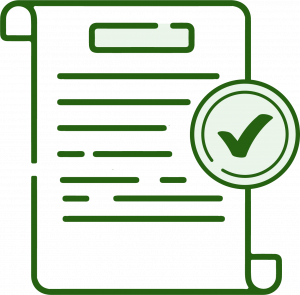 4. Keep Good Service Records
4. Keep Good Service Records 5. Take Photos of the Good Stuff
5. Take Photos of the Good Stuff
